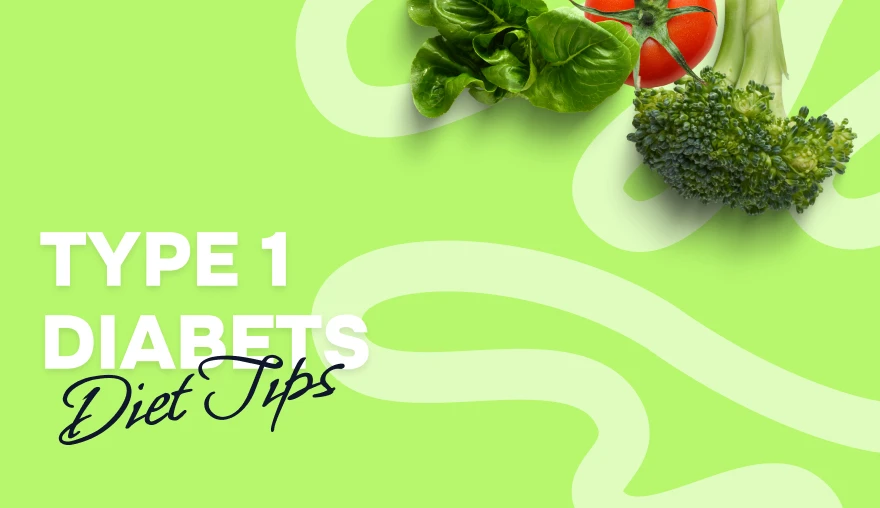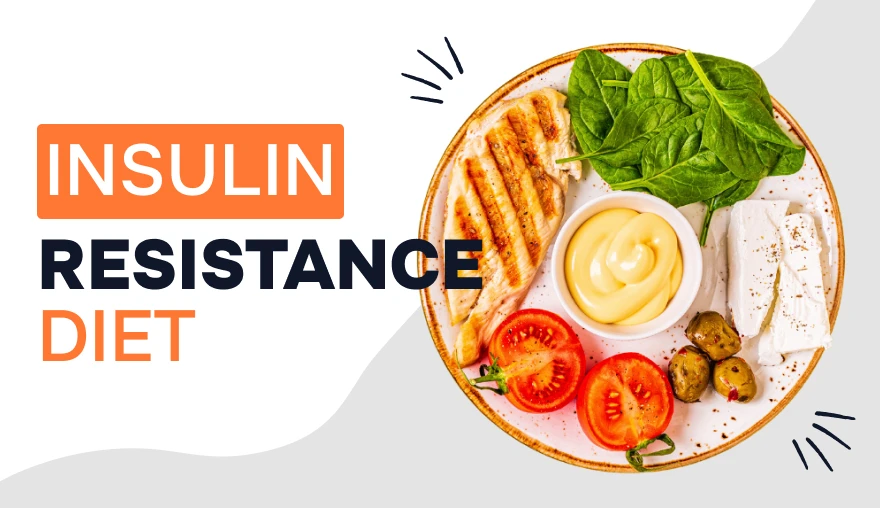PCOS is a common disease that significantly complicates the lives of women worldwide. If you have this diagnosis, you should consider changing your lifestyle and finding effective drugs. But in addition to medicines, a diet will help.
Studies show that diet plays a major role in the therapy of this disease. By adding the PCOS treatment diet, you will get rid of unpleasant symptoms much faster. What should a PCOS diet be, and how does it contribute to healing? Let’s find out.
What is PCOS
Polycystic ovary syndrome is an endocrine system disorder. Globally, it is found in about 5 to 20 percent of women of childbearing age and is characterized by the formation of multiple cysts in the ovaries. The most common causes of the disease are:
- obesity and overweight;
- insulin resistance;
- hormonal imbalance caused by various factors.
The danger of the illness is that it can lead to infertility. In addition, its possible complications are:
- endometrial cancer;
- arterial hypertension;
- diabetes mellitus;
- cardiovascular disease.
As practice shows, PCOS therapy should include medication, increased levels of physical activity, and a PCOS cure diet.
The use of diet to help PCOS
Diet for PCOS problem deals best with obesity and insulin resistance. These factors can be influenced by using the right products and controlling their quantity.
Overweight is often a consequence of insulin resistance and vice versa. In addition, fatty tissue formed by obesity takes on the functions of the hormonal organ, synthesizing sex hormones and androgens that provoke hormonal imbalance. You will prevent further disease development by getting rid of fat with a PCOS-friendly diet.
The reduction of insulin resistance with a healthy diet for PCOS happens due to consuming low glycemic index foods and frequent meals to avoid insulin spikes.
Food for diet for PCOS patients
What products should be included in your nutrition to heal PCOS with diet? When choosing them, focus on such indicators as:
- low glycemic index;
- low fat content;
- anti-inflammatory properties.
The glycemic index of the product reflects its ability to influence insulin production. The index below 55 is considered low, 55-69 is average, and above 79 is considered high. Products with a low glycemic index contain slow carbohydrates that are long-digested. These include:
- cereals (pearl, oat, buckwheat);
- vegetables, roots and greens (broccoli, onion, eggplant, tomatoes, spinach, mushrooms, asparagus, ginger, dill, parsley);
- fruit and berries (cherries, plums, raspberries, apples, pears, oranges, figs);
- pulses and nuts (beans, lentils, almonds);
- dairy products (lean yogurt, milk, curd).
The following products have anti-inflammatory properties:
- fatty fish;
- berries;
- leafy greens;
- olive oil.
The best diet for PCOS sufferers is the one that provides the need for basic nutrients. Your menu should include the following:
- lean meat (beef, chicken, turkey);
- fish with a high content of protein and Omega-3 (trout, salmon, pollock, cod);
- eggs (quail, chicken);
- vegetables and greens (broccoli, cauliflower, spinach);
- nuts and seeds (walnuts, almonds, pistachios);
- low-fat dairy products;
- fats (avocado, olive oil);
- whole grain cereals;
- flour products made of whole grain flour.
What you shouldn’t eat if you have PCOS
With a PCOS management diet, several products are banned. These are primarily those that do not meet the basic criteria. Exclude from your diet:
- products with a high content of refined carbohydrates, because they have a high glycemic index;
- high-fat foods;
- pro-inflammatory products, such as processed red meat.
Your diet should not include:
- fat meat;
- margarine, fatty cream;
- processed products;
- semi-finished products;
- flour based products, sweets;
- highly refined products;
- fast food;
- coffee and strong tea.
These products are considered unhealthy in most diets, so abandoning them will make an important step towards health.
The natural PCOS diet is not a short-term diet; rather, it is a change in eating habits that you should stick to for most of your life. In addition, you will need other changes to your lifestyle. Only in this case you will be able to get rid of the factors “stirring up” the disease.

Other lifestyle changes
The use of diet for PCOS and endometriosis is supported by practice, but the fight against disease implies a general lifestyle change. First of all, you need to become more responsible for your health. The doctor can prescribe the medication and give recommendations, but it depends on how precisely you follow them.
Also, reconsider your attitude to physical activity. Managing PCOS with diet is just the tip of the iceberg. You just can’t do without sports. Along with nutritional limitations, physical activity will contribute to weight loss and the normalization of the endocrine profile.
If you are a fitness newbie, start with hiking or find a sports club near the house, where specialists will help you to become slimmer and happier. Physical activity has been shown to stimulate endorphin release. In the case of PCOS, this will help fight depression caused by hormone imbalance.
Last but not least. Make sure you get enough sleep. It should last at least 7-9 hours. Lack of sleep negatively affects the mental state: you have less strength for physical activity and reduced self-control, without which it is challenging to stick to any diet.
Conclusion
PCOS treatment requires a comprehensive approach, and diet is integral to it. Food for this disease is selected based on the glycemic index, fat content and anti-inflammatory properties.
The diet must cover individual nutrient needs. It is better to contact a specialist to get such a nutrition plan. In this case, the diet will help to effectively fight PCOS symptoms. But to get rid of the disease, you must completely change your lifestyle and follow the doctor’s recommendations.

“Hayley Liew has credentials as both a Provisional Psychologist and a Practicing Dietitian ”





 (5 votes, average: 4.60 out of 5)
(5 votes, average: 4.60 out of 5)